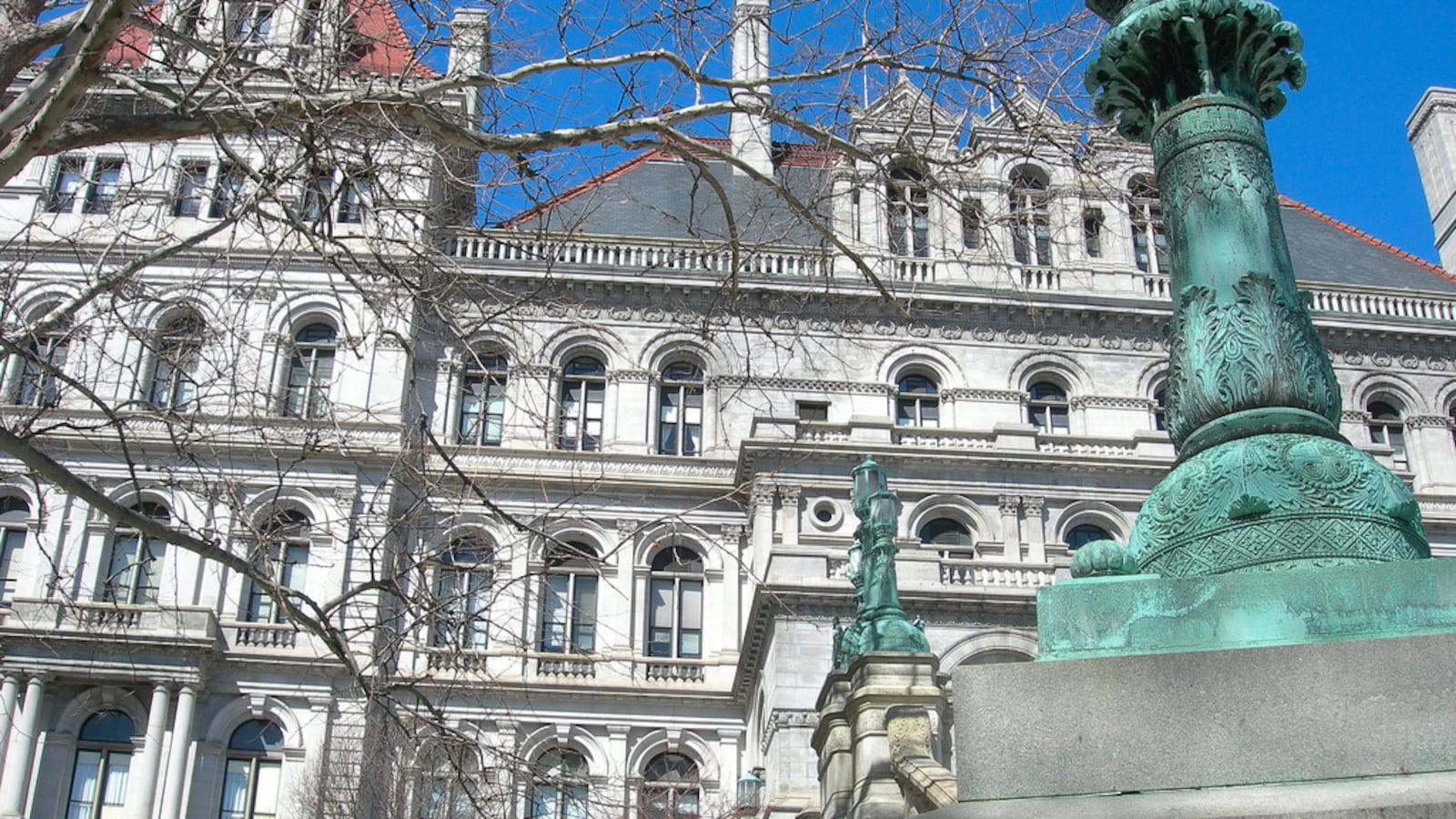The Board of Regents’ ambivalence about charter schools was again on display Monday as state policymakers voiced concerns about whether the sector is a drain on district coffers even as officials cast an initial vote to approve a new list of charter school applications.
The Board of Regents — whose members were on the committee that approved the list — will take a final vote Tuesday.
The approvals leave just eight spots under the state cap in New York City, and 78 elsewhere in the state, for new charter schools, which are privately run but publicly funded.
The Board of Regents is one of two charter authorizers in New York, and the go-ahead for seven new charter schools, six of them in New York City, was not unexpected. All plan to open next fall, according to their applications.
But despite this green light, discussion on Monday revolved around concerns and criticism: how community school districts are being affected financially when charter schools compete for students.
Specifically, some board members wanted a breakdown of how community school districts would be impacted by lower student enrollment, driven by children who leave for charters.
“If students leave the district, then the district is going to have less money,” said Regent Kathleen Cashin, whose jurisdiction includes Brooklyn, repeating a claim made by many charter opponents but disputed by charter advocates. “So we’re losing money to our public schools.”
Each charter’s application provides a breakdown of the expected fiscal impact on an overall school district — in this case, New York City as a whole — but nothing more specific.
For example, the New York City Charter High School for Computer Engineering and Innovation — aimed at replicating the college- and career-focused New York City Charter High School for Architecture, Engineering and Construction Industries — is projected to require $2.2 million from the city next school year, according to its proposal documents. That’s less than 1 percent of the the city education department’s overall budget.
Commissioner MaryEllen Elia said the state department doesn’t have this specific community schools data on hand, but it could request a breakdown from the city.
Some regents who raised concerns abstained from voting on the charter applications. Regents Cashin, Susan W. Mittler, Beverly L. Ouderkirk and Catherine Collins declined to vote on all seven proposals.
In the past, the Regents have delivered a mixed message on charter schools. They’ve approved large batches of applications, rejected others and have also raised questions about whether these schools are educating their fair-share of students with high needs.
Regent Judith Johnson raised that fairness question again on Monday. David Frank, executive director of the education department’s charter school office, said the office will continue to ensure the schools are serving a “comparable” number of English language learners and other high-needs students.
With control of the state legislature up for grabs in Tuesday’s election, the fate of charters will also be affected by whether the sector’s advocates or opponents gain the upper hand.
Here’s the list of approved charter schools in New York City:
-AECI II: NYC Charter High School for Computer Engineering and Innovation (Bronx)
-Bronx Arts and Science Charter School (Bronx)
-Brooklyn RISE Charter School (Brooklyn)
-Education Unlimited Lyceum Charter School (Manhattan)
-LEEP Dual Language Academy Charter School (Brooklyn)
-Staten Island Hebrew Public Charter School (Staten Island)

